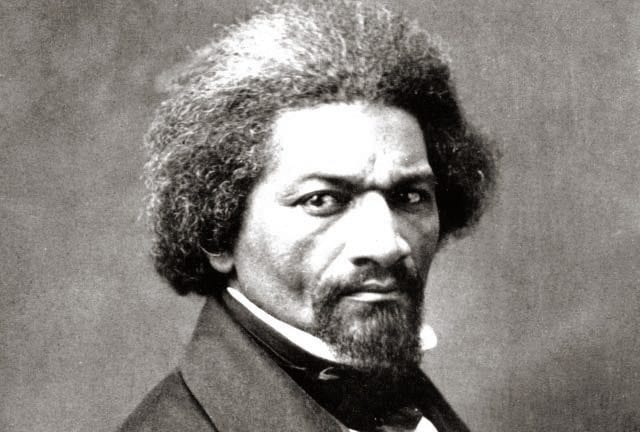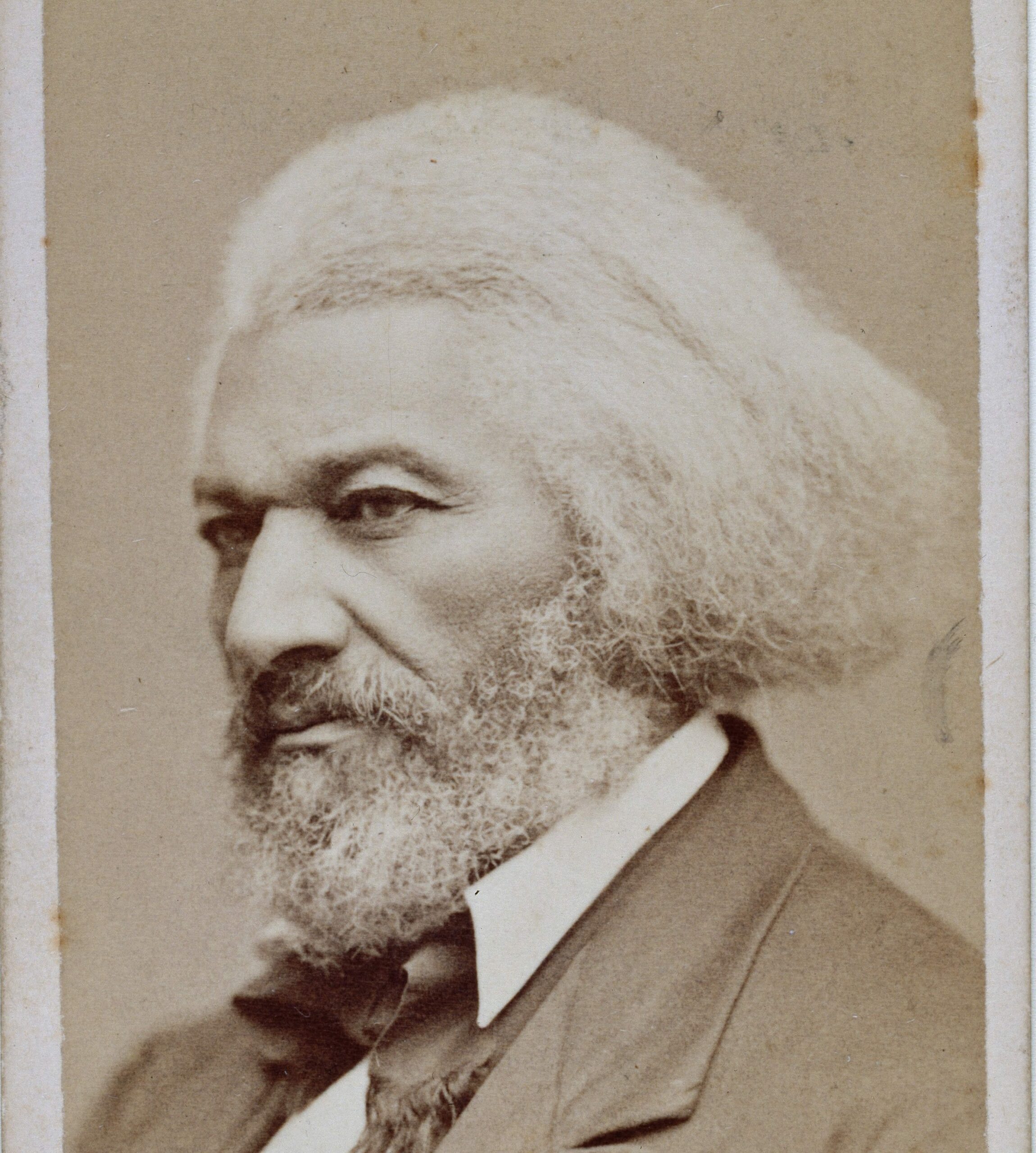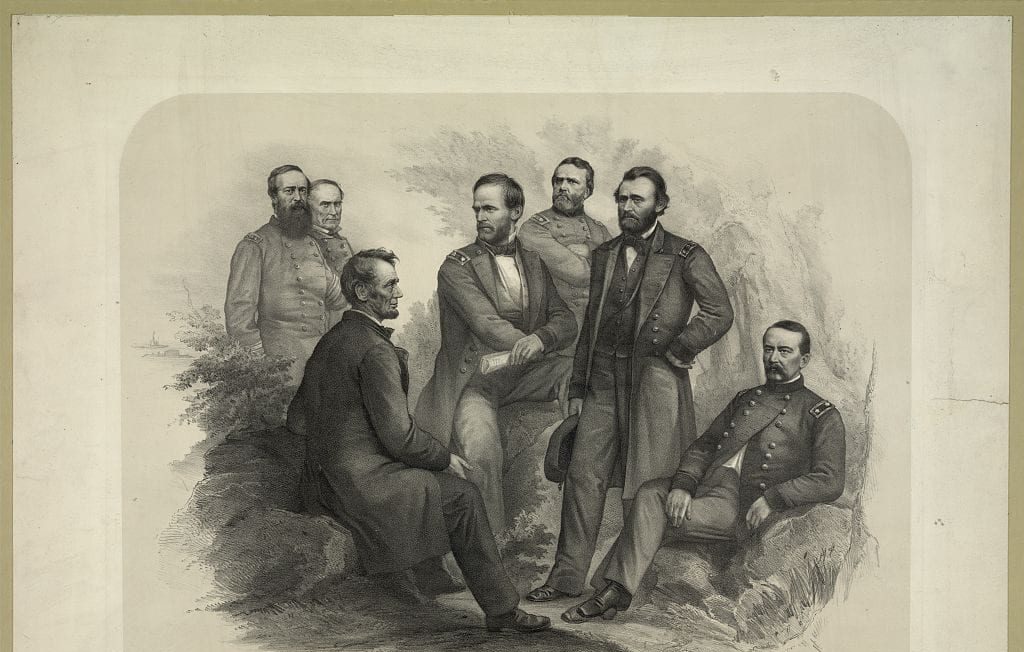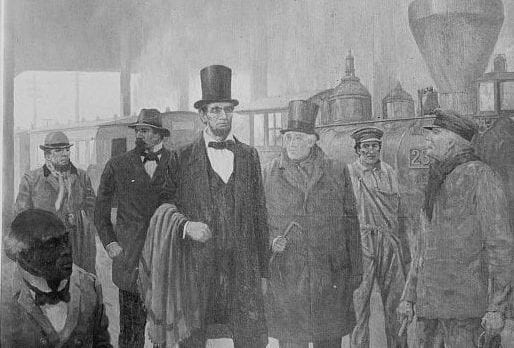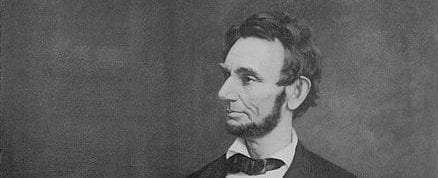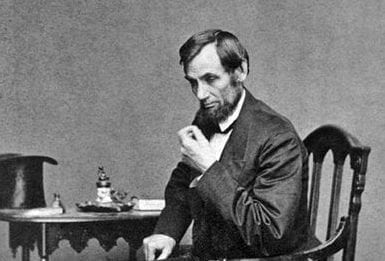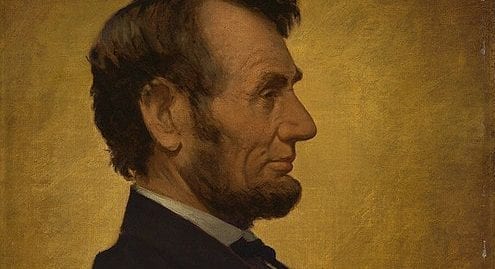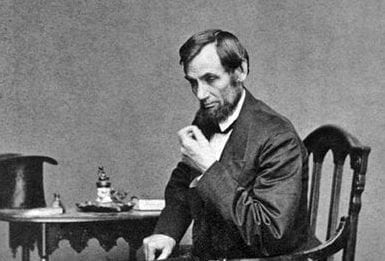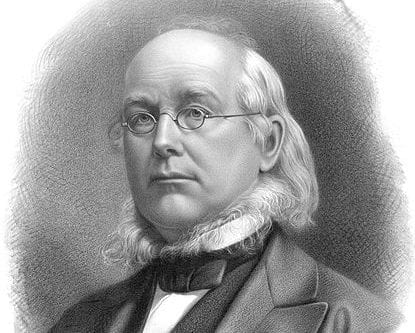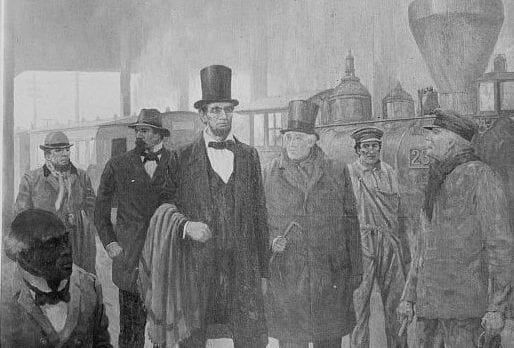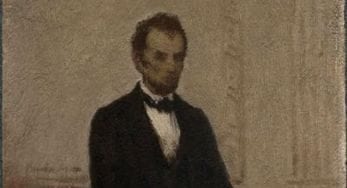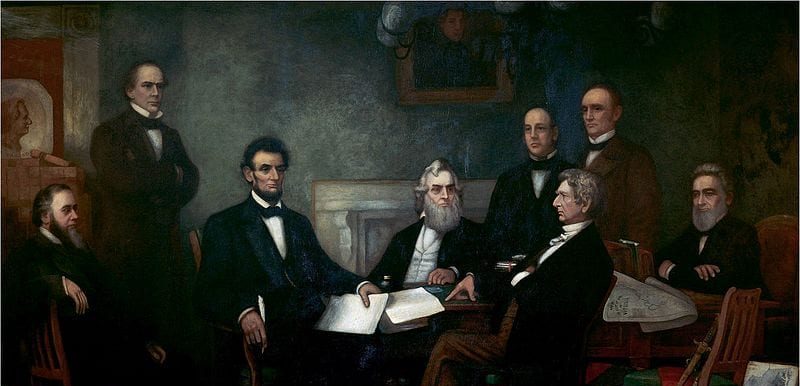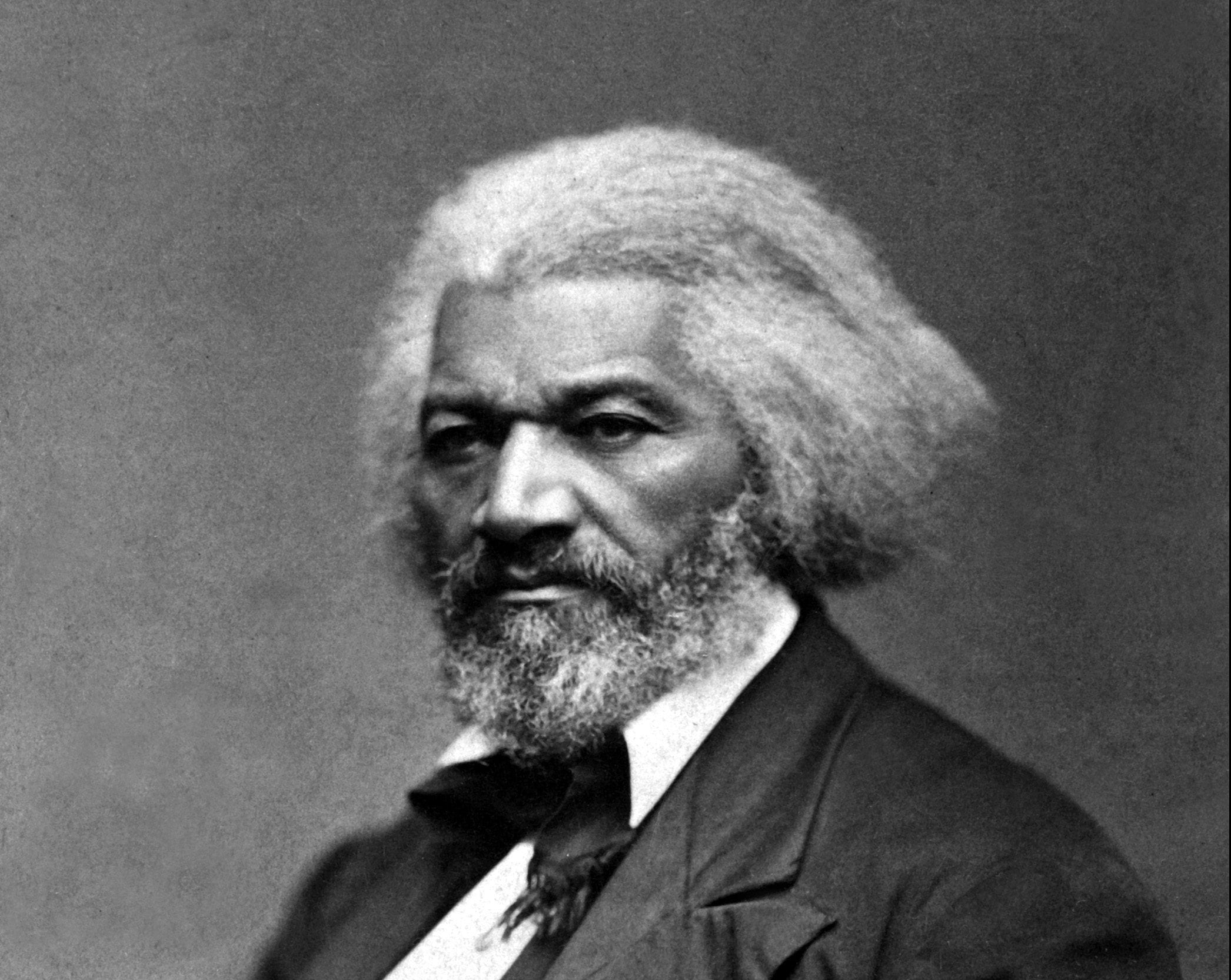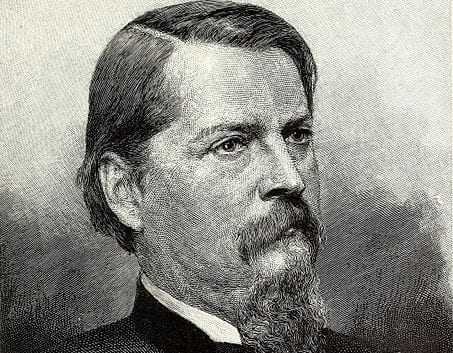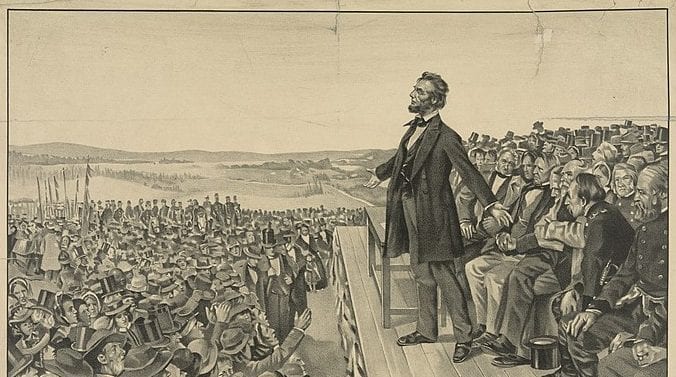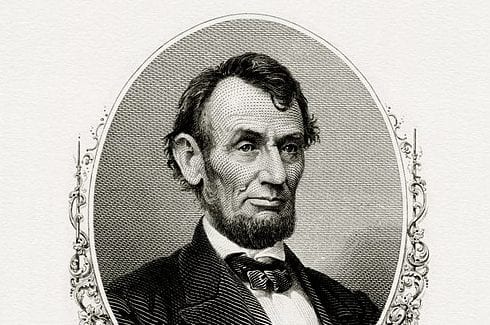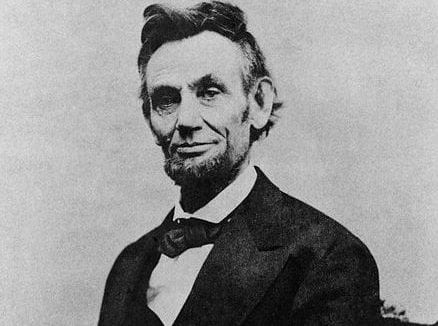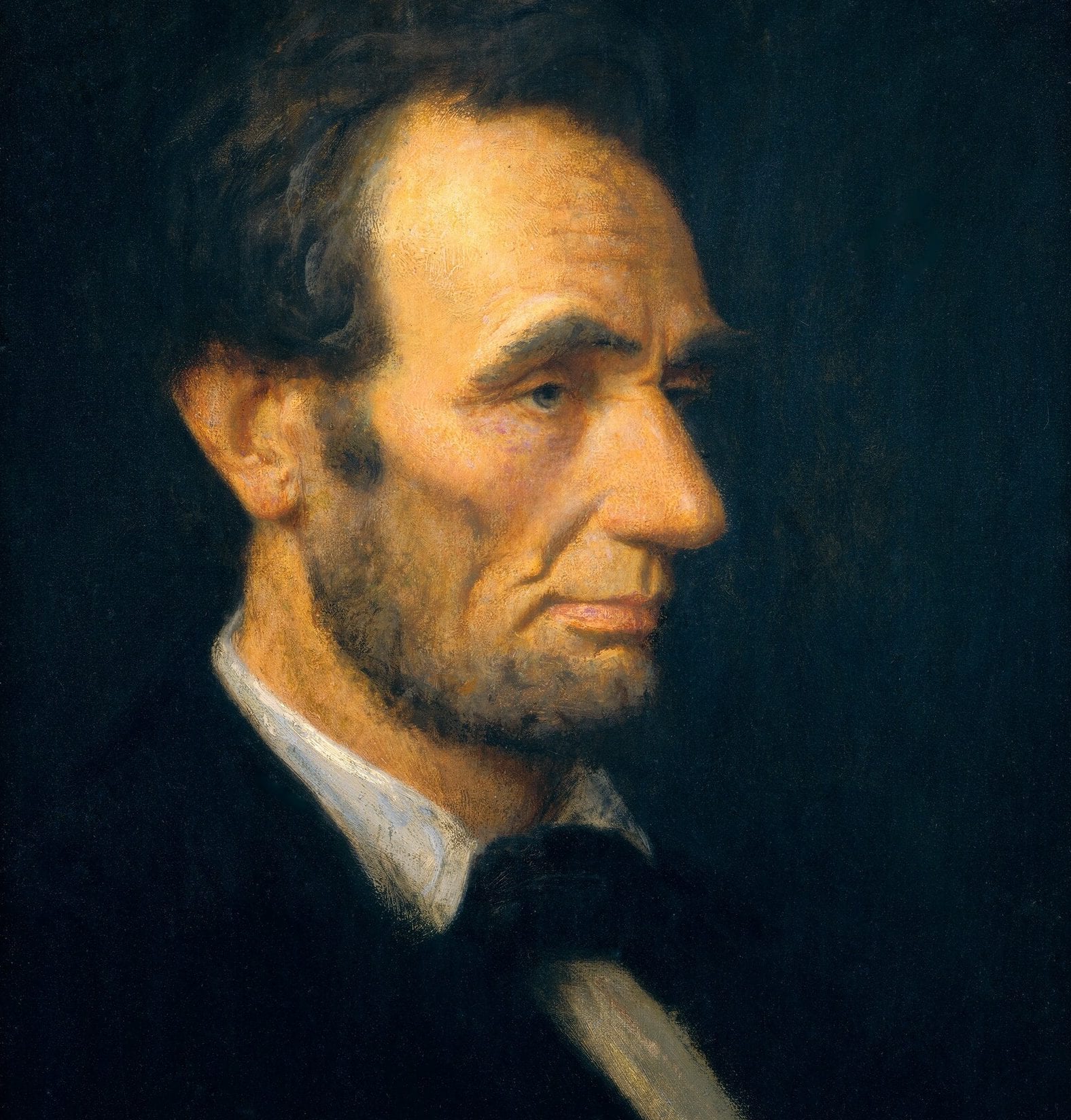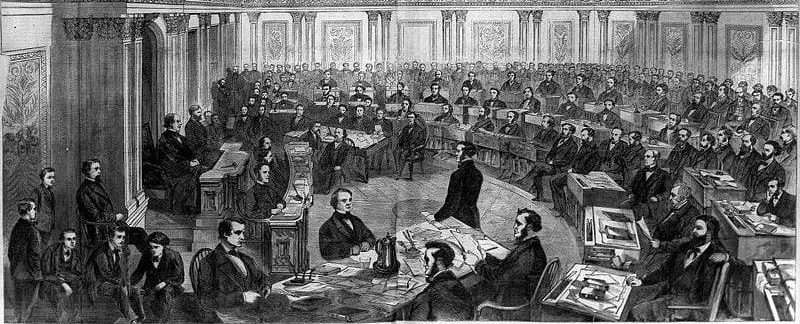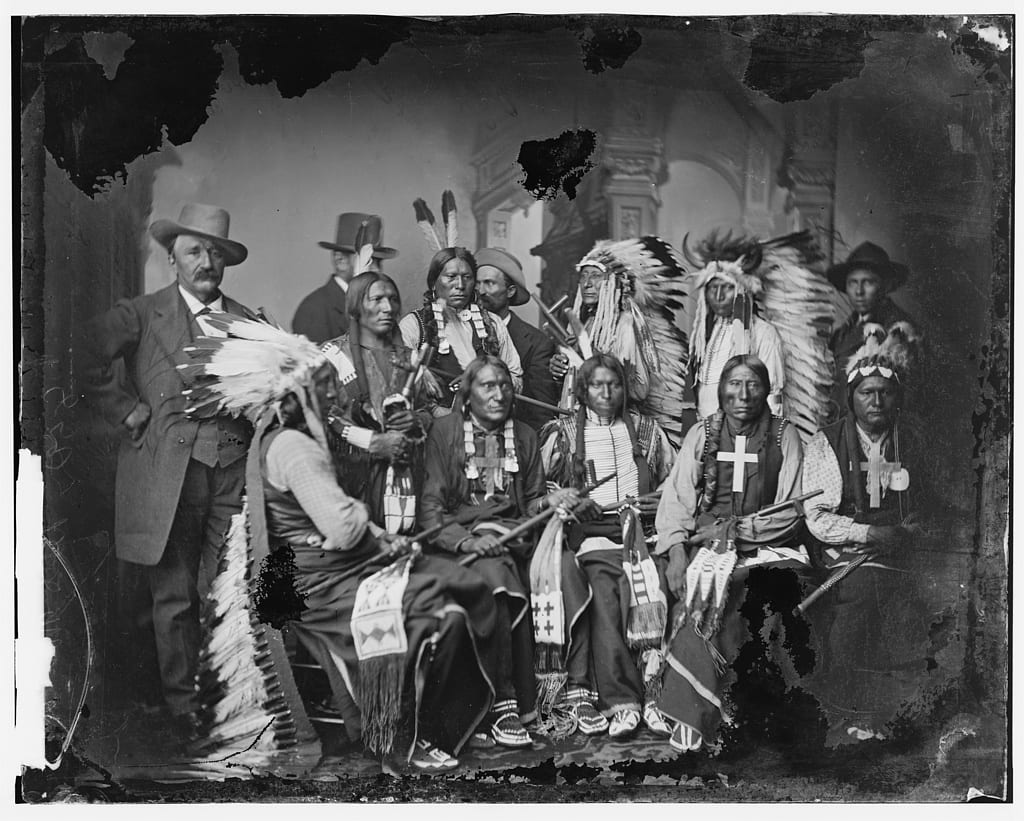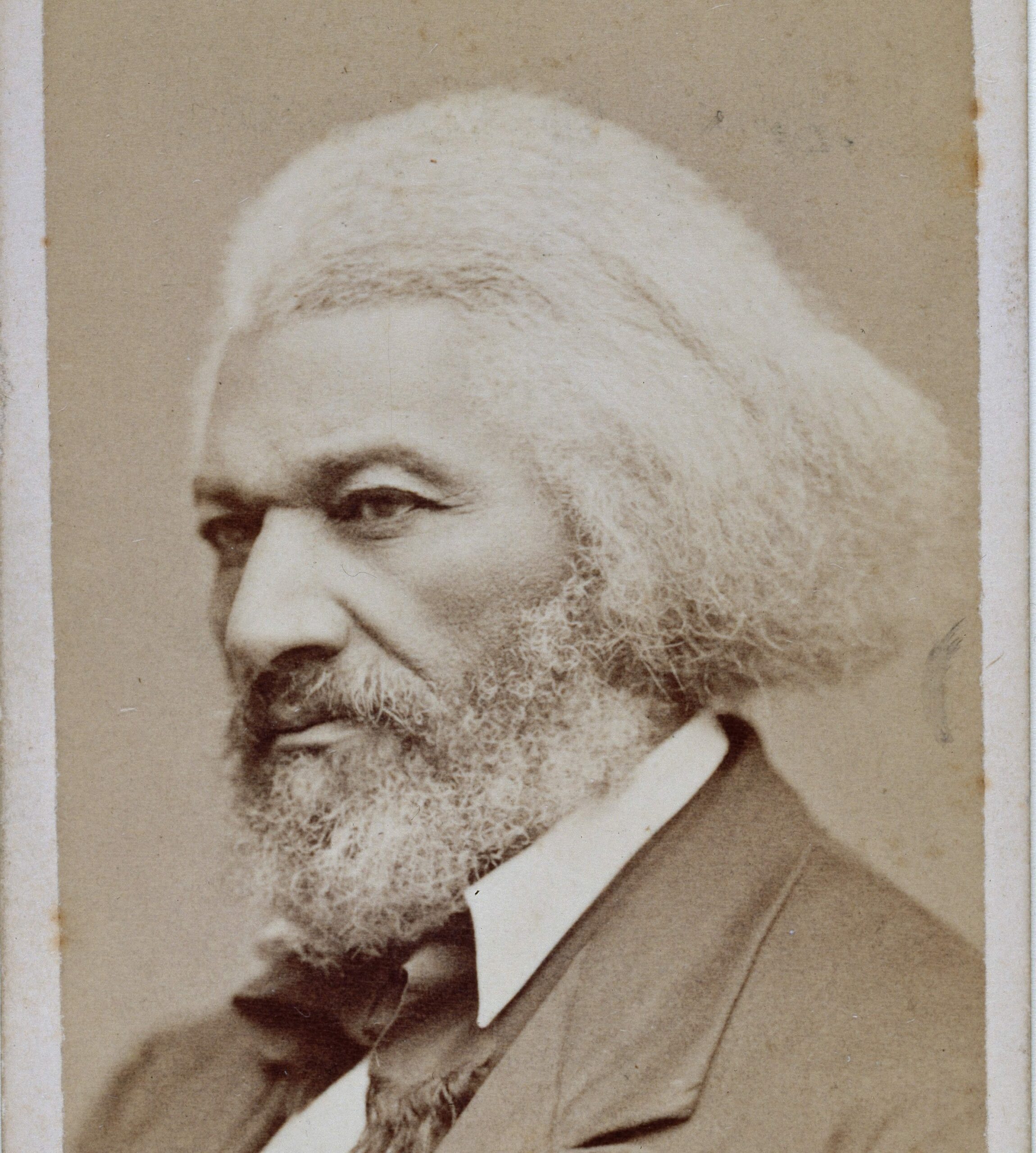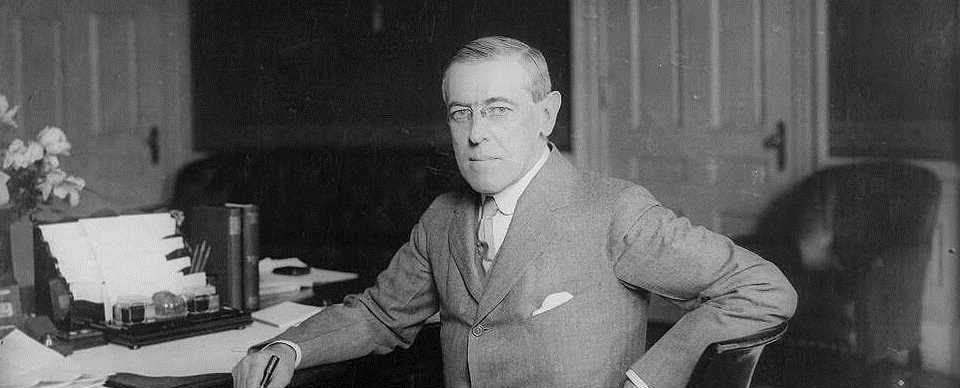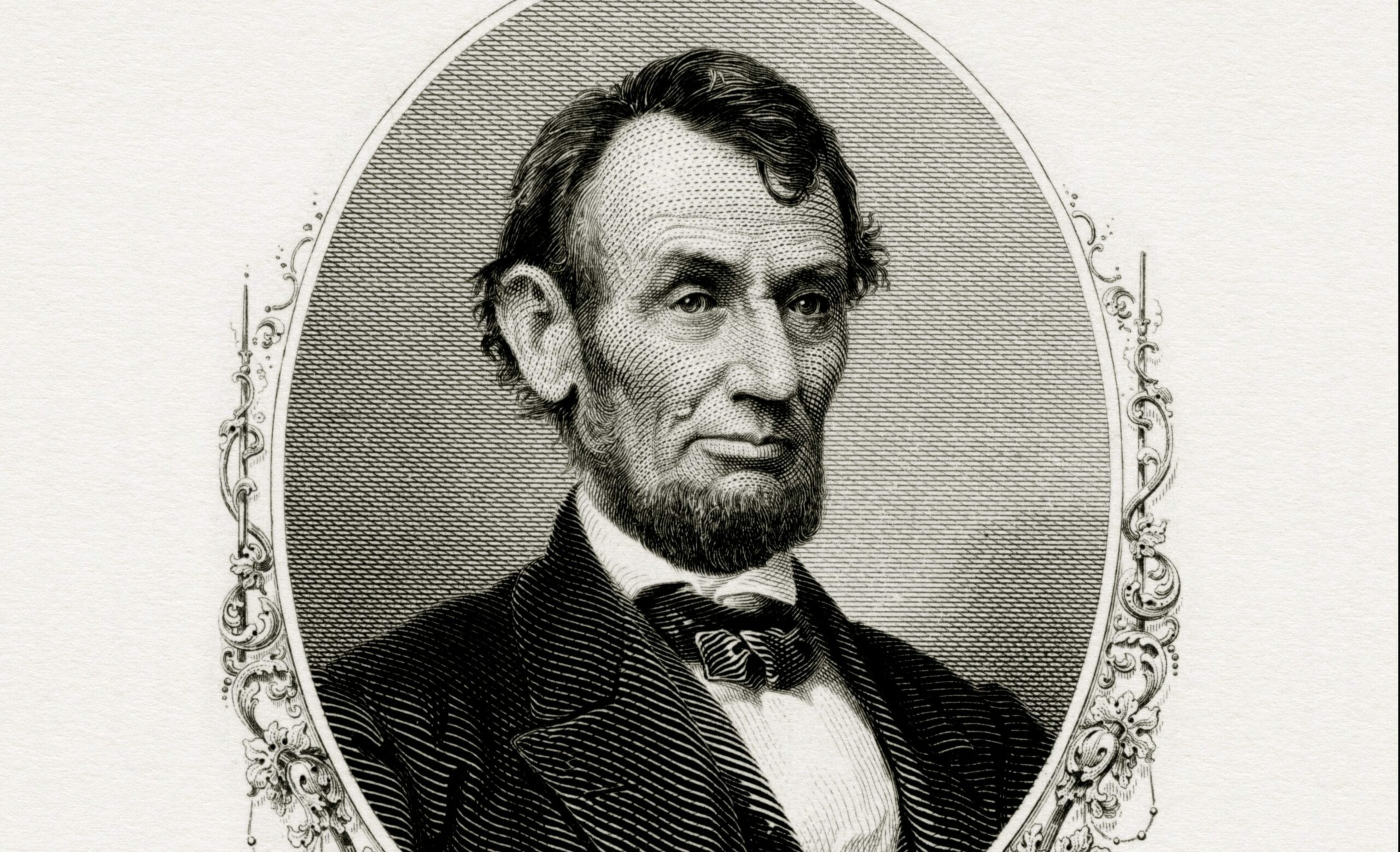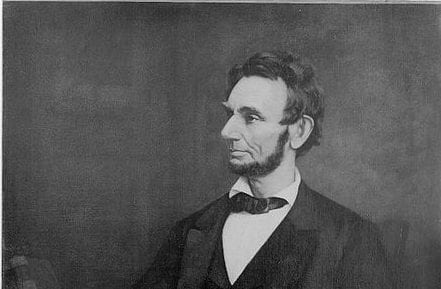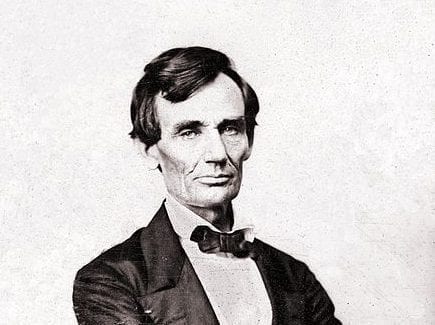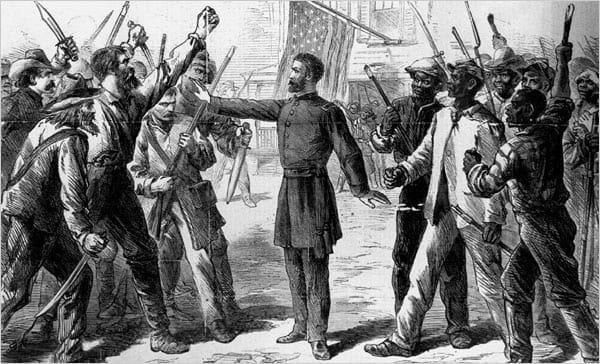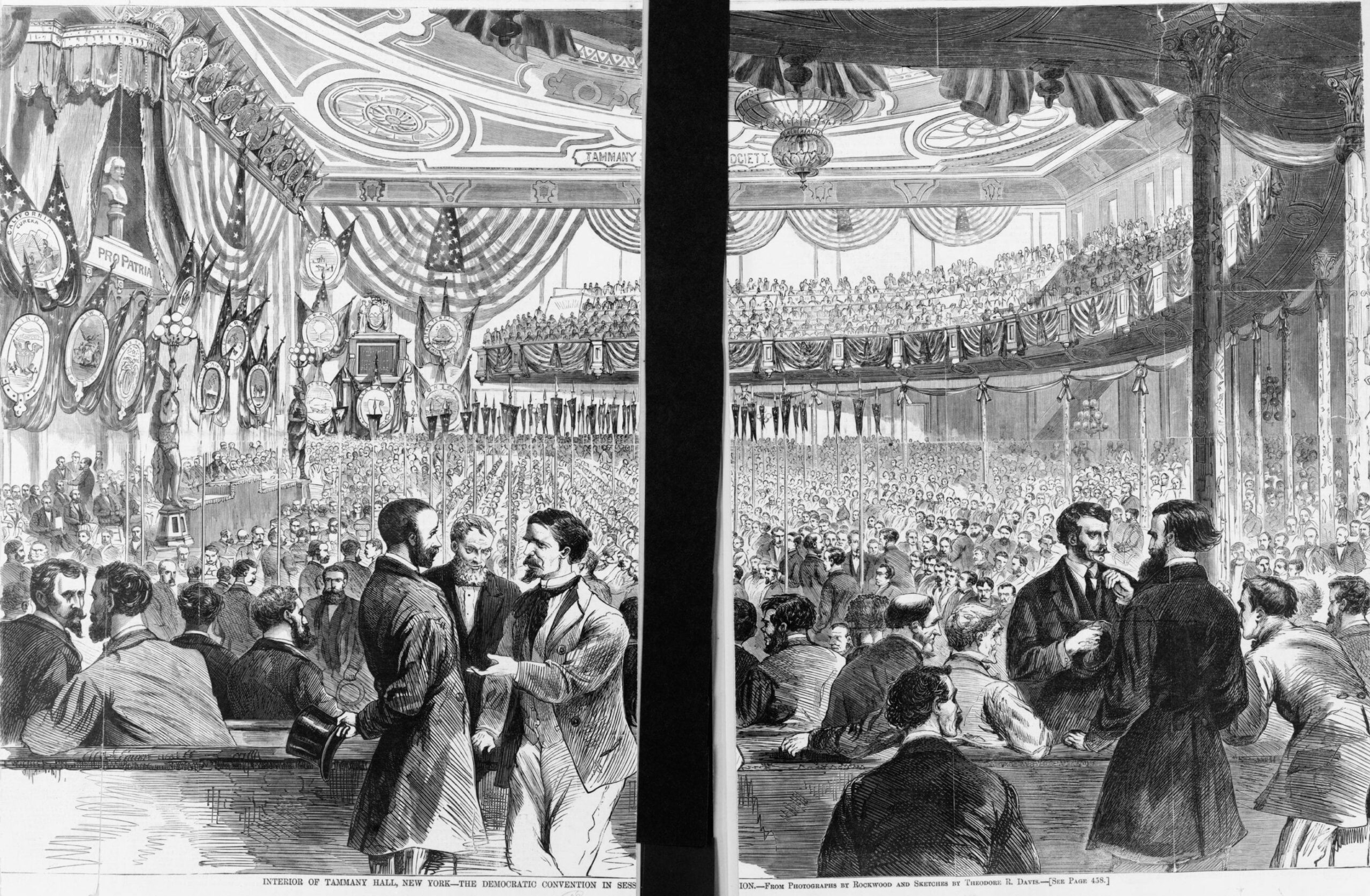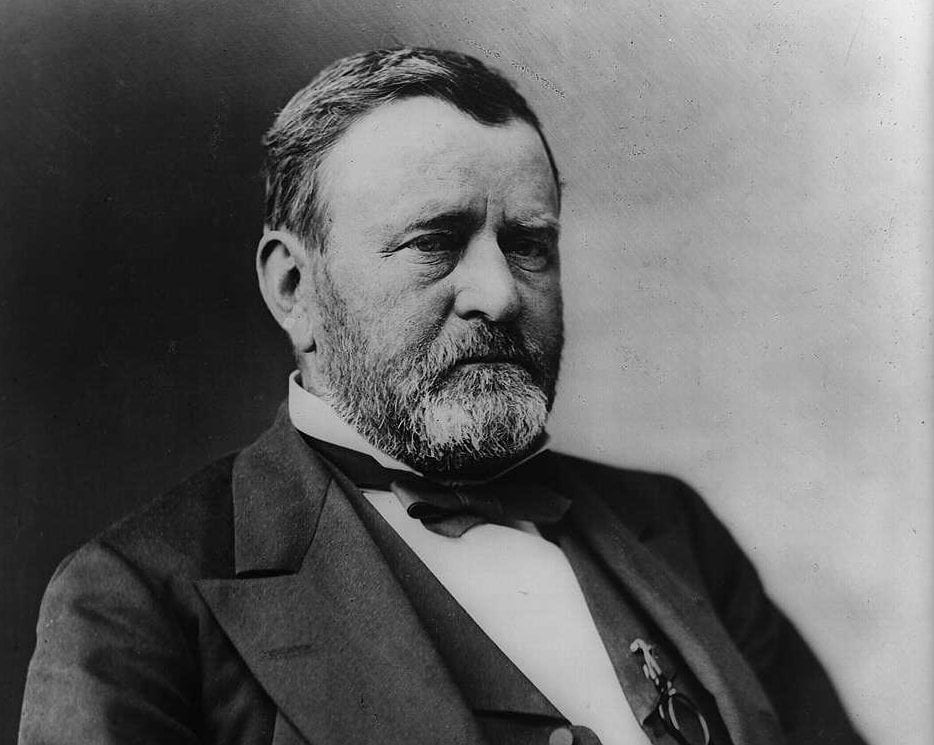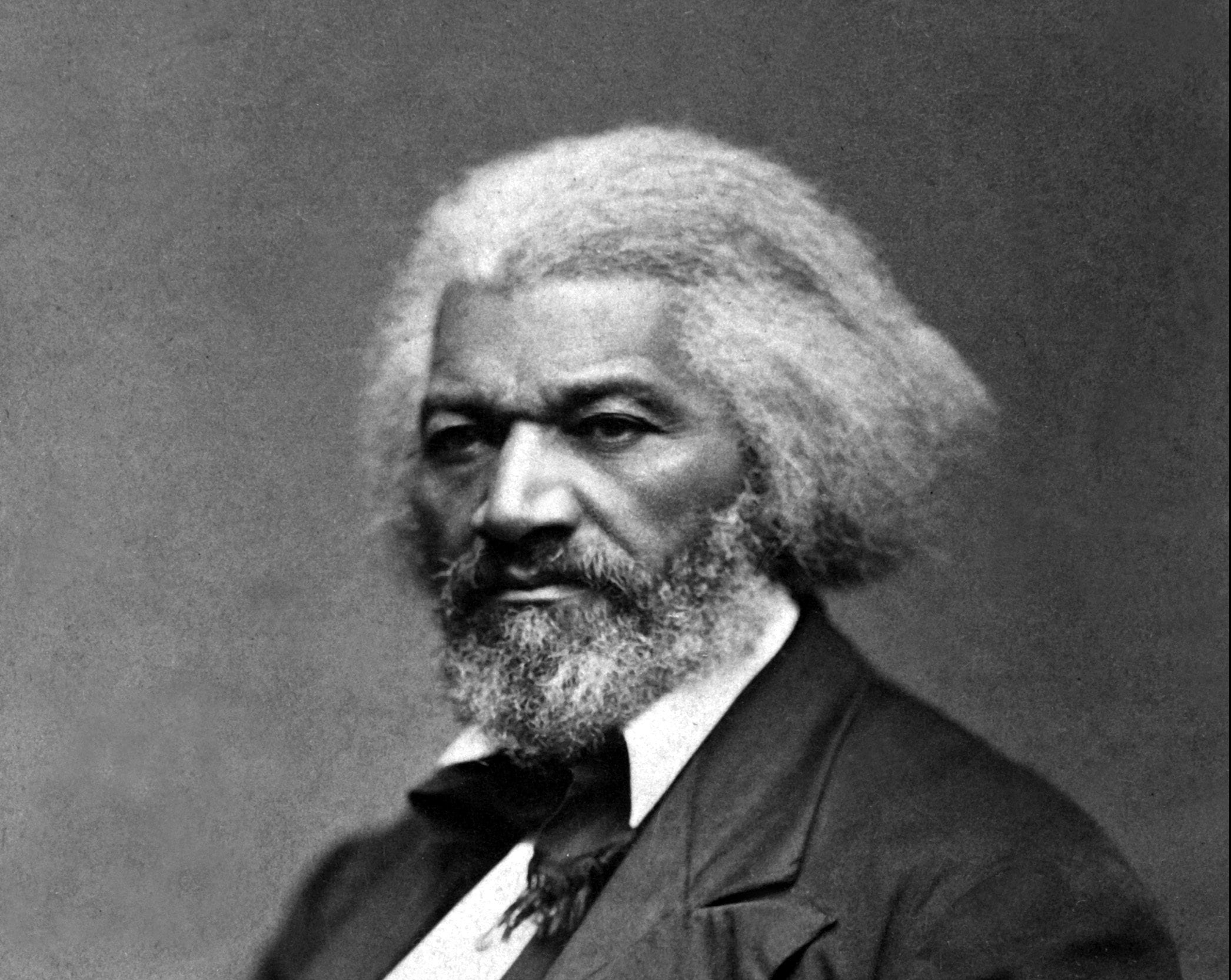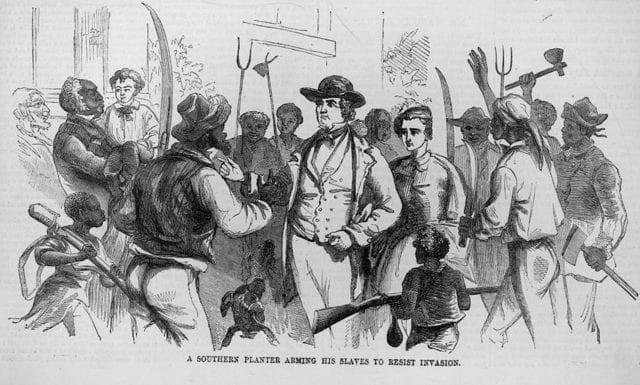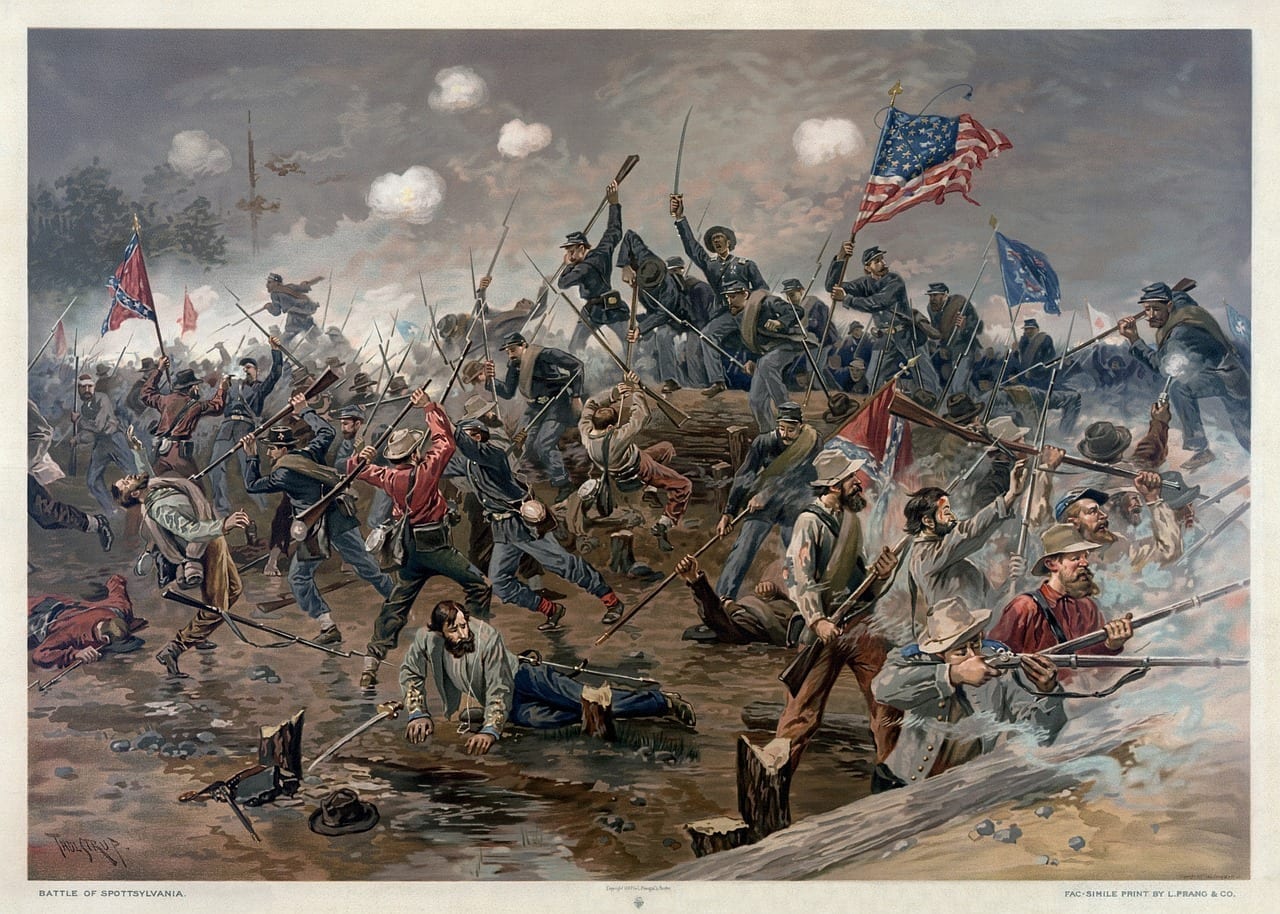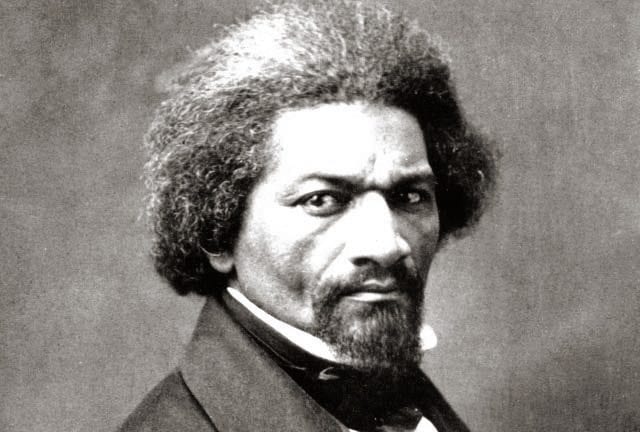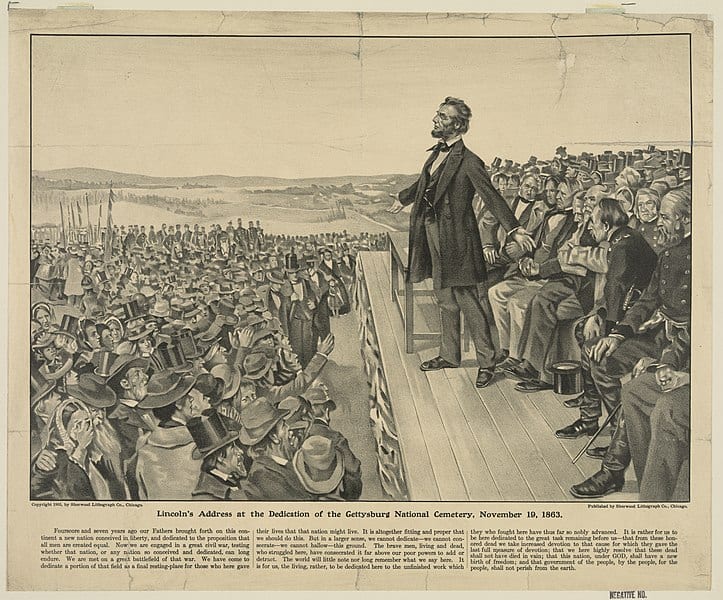
No study questions
No related resources
Susan B. Anthony, “Is It a Crime for a U.S. Citizen to Vote?” in Rochester Democrat and Chronicle, 4 April 1873.
Our democratic-republican government is based on the idea of the natural right of every individual member thereof to a voice and a vote in making and executing the laws. We assert the province of government to be to secure the people in the enjoyment of their unalienable rights. We throw to the winds the old dogma that governments can give rights. Before governments were organized, no one denies that each individual possessed the right to protect his own life. liberty and property. And when 100 or 1,000,000 people enter into a free government, they do not barter away their natural rights; they simply pledge themselves to protect each other in the enjoyment of them, through prescribed judicial and legislative tribunals. They agree to abandon the methods of brute force in the adjustment of their differences, and adopt those of civilization.
Nor can you find a word in any of the grand documents left us by the fathers that assumes for government the power to create or to confer rights. The Declaration of Independence, the United States Constitution, the constitutions of the several states and the organic laws of the territories, all alike propose to protect the people in the exercise of their God-given rights. Not one of them pretends to bestow rights.
“All men are created equal, and endowed by their Creator with certain unalienable rights. Among these are life, liberty and the pursuit of happiness. That to secure these, governments are instituted among men, deriving their just powers from the consent of the governed.”
Here is no shadow of government authority over rights, nor exclusion of any from their full and equal enjoyment. Here is pronounced the right of all men, and “consequently,” as the Quaker preacher said, “of all women,” to a voice in the government. And here, in this very first paragraph of the declaration, is the assertion of the natural right of all to the ballot; for, how can “the consent of the governed” be given, if the right to vote be denied. Again:
“That whenever any form of government becomes destructive of these ends, it is the right of the people to alter or abolish it, ad to institute a new government, laying its foundations on such principles, and organizing its powers in such forms as to them shall seem most likely to effect their safety and happiness.”
Surely, the right of the whole people to vote is here clearly implied. For however destructive in their happiness this government might become, a disfranchised class could neither alter nor abolish it, nor institute a new one, except by the old brute force method of insurrection and rebellion. One-half of the people of this nation to-day are utterly powerless to blot from the statute books an unjust law, or to write there a new and a just one. The women, dissatisfied as they are with this form of government, that enforces taxation without representation,-that compels them to obey laws to which they have never given their consent,-that imprisons and hangs them without a trial by a jury of their peers, that robs them, in marriage, of the custody of their own persons, wages and children,-are this half of the people left wholly at the mercy of the other half, in direct violation of the spirit and letter of the declarations of the framers of this government, every one of which was based on the immutable principle of equal rights to all. By those declarations, kings, priests, popes, aristocrats, were all alike dethroned, and placed on a common level politically, with the lowliest born subject or serf. By them, too, me, as such, were deprived of their divine right to rule, and placed on a political level with women. By the practice of those declarations all class and caste distinction will be abolished; and slave, serf, plebeian, wife, woman, all alike, bound from their subject position to the proud platform of equality.
The preamble of the federal constitution says:
“We, the people of the United States, in order to form a more perfect union, establish justice, insure domestic tranquility, provide for the common defense, promote the general welfare and secure the blessings of liberty to ourselves and our posterity, do ordain and established this constitution for the United States of America.”
It was we, the people, not we, the white male citizens, nor yet we, the male citizens; but we, the whole people, who formed this Union. And we formed it, not to give the blessings or liberty, but to secure them; not to the half of ourselves and the half of our posterity, but to the whole people-women as well as men. And it is downright mockery to talk to women of their enjoyment of the blessings of liberty while they are denied the use of the only means of securing them provided by this democratic- republican government-the ballot.
And the early journals of Congress show that when the committee reported to that body the original articles of confederation, the very first article which became the subject of discussion was that respecting equality of suffrage. Article 4th said: “The better to secure and perpetuate mutual friendship and intercourse among the people of the different states of this Union, and free inhabitants of each of the states (paupers, vagabonds, and fugitives from justice excepted) shall be entitled to all the privileges and immunities of the free citizens of the several states.”
Thus, as the very beginning, did the fathers see the necessity of the universal application of the great principle of equal rights to all in order to produce the desired result-a harmonious Union and a homogeneous people.
… And this principle every republican said amen, when applied to black men by Senator Sumner in his great speeches for “Equal rights to all,” from 1865 to 1869; and when, in 1871, I asked the Senator to declare the power of the United States Constitution to protect women in their right to vote, as he had done for black men, he handed me a copy of all his speeches during that reconstruction period, and said,
Miss Anthony, put sex where I have “race or color,” and you have here the best and strongest argument I can make for woman. There is not a doubt but women have the constitutional right to vote, and I will never vote for a 16th amendment to guarantee it to them. I voted for both the 14th and 15th under protest. Would never have done it but for the pressing emergency; would have insisted that the power of the original Constitution to protect all citizens in the equal enjoyment of their rights should have been vindicated through the courts. But the newly-freed men had neither the intelligence, wealth, nor the time to wait that slow process. Women possess all these, and I insist that they shall appeal to the courts, and through them establish the powers of our American Magna Charta to protect every citizen of the Republic.
Senator Sumner said, “Qualifications cannot be in their nature permanent of insurmountable. Sex cannot be a qualification any more than size, race, color, or previous condition of servitude. A permanent or insurmountable qualification is equivalent to a deprivation of the suffrage. In other words it is the tyranny of taxation without representation, against which our Revolutionary mothers as well as fathers rebelled.”
For any state to make sex a qualification that must ever result in the disfranchisement of an entire half of the people, is to pass a bill of attainder, or ex post facto law, and is, therefore, a violation of the supreme law of the land. The blessings of liberty are forever withheld from women and their posterity. To them this government has no just powers derived from the consent of the governed. To women this government is not a democracy; it is not a republic; it is an odious aristocracy-a hateful oligarchy of sex!! …
Even the “Dred Scott” decision, pronounced by abolitionists and republicans infamous, because it virtually declared “black men had no rights white men were bound to respect,” gave this true and logical conclusion, that to be one of the people was to be a citizen and a voter.
Chief Judge Daniel said: “There is not, it is believed, to be found in the theories of writers on government, or in any actual experiment heretofore tried, an exposition of the term citizen, which has not been considered as conferring the actual possession and enjoyment, or the perfect right of acquisition and enjoyment, of an entire equality of privileges, civil and political.”
Associate Justice Taney said: “The words ‘people of the United States’ and ‘citizens’ are synonymous terms and mean the same thing. They both describe the political body, who, according to our republican institutions, form the sovereignty, and who hold the power and conduct the government, through their representatives. They are what we familiarly call the sovereign people, and every citizen is one of this great people and a constituent member of this sovereignty.”
Thus does Judge Taney’s decision, which was such a terrible ban to the black man while he was a slave, now, that he is a person, no longer property, pronounce him a citizen, possessed “of an entire equality of privileges, civil and political.” And not only the black man, but the black woman, and all women as well. …
If we once establish the false principle that United States citizenship does not carry with it the right to vote in every state in this Union, there is no end to the petty freaks and cunning devices that will be resorted to to exclude one and another class of citizens from suffrage.
It will not always be men combining to disfranchise all women; native born men combining to abridge the rights of all naturalised citizens, as in Rhode Island. It will not always be the rich and educated who may combine to cast off the poor and ignorant. But we may live to see the poor, hard working uncultivated day laborers, foreign and native born, learning the power of the ballot and their vast majority of numbers, combine and amend state constitutions to disfranchise the Vanderbilts and A. T. Stewarts, the Conklings and Fentons. It is a poor rule indeed that won’t work both ways. Indeed, establish this precedent, admit this right to deny suffrage to the states, and there is no power to forsee the confusion, discord, and disruption that awaits us. There is, and can be, but one safe principle of government-equal rights to all. Any and every discrimination against any class, whether on account of color, race, nativity, sex, property, or culture, imbitters and disappoints that class, and thereby endangers the safety of the whole people.
Clearly, then, the national government must not only define the rights of citizens, but it must stretch its power and protect them in every state in this union.
But if you will insist that this emphatic interdiction against robbing United States citizens of their right to vote, on account of race, color, or previous condition of servitude, is a recognition of the right, either of the United States, or any state, to rob citizens of that right for any or all other reasons, I will prove to you that the class of citizens for which I now plead, and to which I belong, may be and are, by all the principles of our government, and many of the laws of the states, included under the term of “previous condition of servitude.”
1st. The married women and their legal status. What is servitude? “The condition of a slave.” What is a slave? “A person who is robbed of the proceeds of his labor.” “A person who is subject to the will of another.” …
By the law of every state in this Union to-day, North as well as South, the married woman has no right to the custody and control of her person. The wife belongs to her husband; and if she refuses obedience to his will, he may use moderate correction; and if she doesn’t like his moderate correction and attempts to leave his “bed and board,” the husband may use moderate coercion to bring her back. The little word “moderate,” you see, is the saving clause for the wife, and would doubtless be overstepped should her offended husband administer his correction with the “cat-o’-nine-tails”; or accomplish his coercion with bloodhounds.
Again, the slave had no right to the earnings of his hands; they belonged to his master. No right to the custody of his children; no right to sue or be sued in the courts. If he committed a crime, it was the master who must sue or be sued.
In many of the states there has been special legislation giving to married woman the right to property inherited, or received by bequest or earned by the pursuit of any avocation outside of the home; also giving her the right to sue and be sued in matters pertaining to such separate property; but not a single state of this Union has ever secured the wife in the enjoyment of her right to the joint ownership of the joint earnings of the marriage copartnership. And since, in the nature of things, the vast majority of married women never earn a dollar by work outside of their families, nor inherit a dollar from their fathers, it follows, that form the day of their marriage to the day of the death of their husbands, not one of these every has a dollar, except it shall please her husband to let her have it.
In some of the states, also, there have been laws passed giving to the mother a joint right with the father in the guardianship for the children. But twenty years ago, when our woman’s rights movement commenced, by the laws of the State of New York and all the states, the father had the sole custody and control of the children. No matter if he were a brutal, drunken libertine, he had the legal right, without the mother’s consent, to apprentice her sons to rum-sellers, or her daughters to brothel-keepers. He could even will always an unborn child to some other person than the mother. And in many of the states the law still prevails, and the mothers are utterly powerless under the old common law. …
Thus may all married women, wives and widows, by the laws of the several states, be technically included in the 15th amendment’s specification of “condition of servitude,” present or previous. And not only married women, but I will also prove to you that, by all the great fundamental principles of our free government, the entire womanhood of the nation is in the “condition of servitude” as surely as were our revolutionary fathers when they rebelled against Old King George. Women are taxed without representation, governed without their consent, tried, convicted, and punished without a jury of their peers!! And is all this tyranny any less humiliating and degrading to women, under our democratic republic government to-day, than it was to men, under their aristocratic, monarchical government a hundred years ago? There is not an utterance of Old John Adams, John Hancock, or Patrick Henry but finds a living response in the soul of every intelligent, patriotic woman of the nation. Bring me a common-sense woman property-holder, and I will show you a woman whose soul is fired with all the indignation of a man of 1776 every time the tax-gatherer presents himself at her door. You will not find one such woman but feels her condition of servitude as galling as did James Otis, when he said: “the very act of taxing exercised over those who are not represented appears to me to be depriving them of one of their most essential rights; and, if continued, seems to be in effect an entire disfranchisement of every civil right. For what one civil right is worth a rush, after a man’s property is subject to be taken from him at pleasure, without his consent? If a man is not his own assessor, in person or by deputy, his liberty is gone, or he is wholly at the mercy of others.” …
Is anything further needed to prove woman’s “condition of servitude” sufficiently orthodox to entitle her to the guarantees of the fifteenth amendment? …
Benjamin F. Butler, in a recent letter to me said, “I do not believe anybody in Congress doubts that the Constitution authorizes the right of women to vote, precisely as it authorizes trial by jury and many other like rights guaranteed to citizens;” and again General Butler said, “It is not laws we want; there are plenty of laws, good enough too. Administrative ability to enforce law is the great want of the age; in this country especially. Everybody talks of law, law. If everybody would insist on the enforcement of law, the government would stand on a firmer basis; and questions would settle themselves.” And lastly, President Grant, in his late message to Congress, speaks approvingly of the disbursements through the Department of Justice having been “increased by the recent acts of Congress to enforce the rights of citizens of the United States to vote in several states of the Union.” Again he speaks of lawless men combining “to deprive other citizens of the rights guaranteed to them by the Constitution of the United States, and then says, I do not doubt that a great majority of the people in all parts of the country favor full enjoyment by all classes of persons of those rights to which they are entitled under the Constitution and laws. And I invoke the aid and influence of all good citizens to prevent, by all lawful means, any interference with those rights.”
And it is upon this conclusion of “the citizens’ constitutional right to vote” that our National Woman Suffrage association has based its argument and action for the last four years. We no longer petition legislature nor congress to give us the right to vote. We appeal to the women everywhere to assume their too long neglected “citizen’s right to vote.” We appeal to the inspectors of elections everywhere to receive the votes of all United States citizens as it is their duty to do. We appeal to United States commissioners and marshals to arrest the inspectors who reject the names and votes of United States citizens, as it is their duty to do, and leave alone those who, like our eighth ward inspectors, perform their duties faithfully and well.
We ask the courts to render true and unprejudiced opinions of the law, and wherever there is room for a doubt to give its benefit on the side of liberty and equal rights to all citizens, remembering that “the true rule of interpretation under our national constitution, especially since its amendments, is that anything for human rights is constitutional, everything against human rights unconstitutional.”
We ask the juries to fail to return a verdict of “guilty” against honest, law-abiding, tax paying United States citizens for offering their votes, at our elections. Or against intelligent, worthy young men, inspectors of elections, for receiving and counting such citizens’ votes.
And it is on this line that we propose to fight our battle for the ballot-all peaceably, but nevertheless persistently through to complete triumph, when all United States citizens shall be recognized as equals before the law.
Annual Message to Congress (1873)
December 01, 1873
Conversation-based seminars for collegial PD, one-day and multi-day seminars, graduate credit seminars (MA degree), online and in-person.


